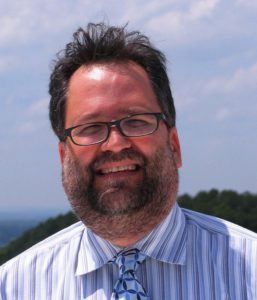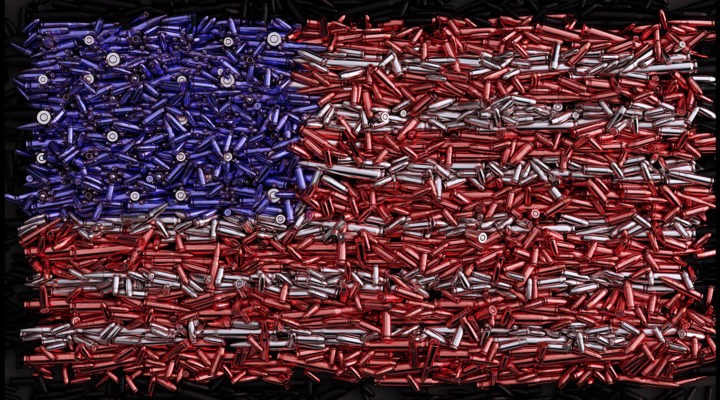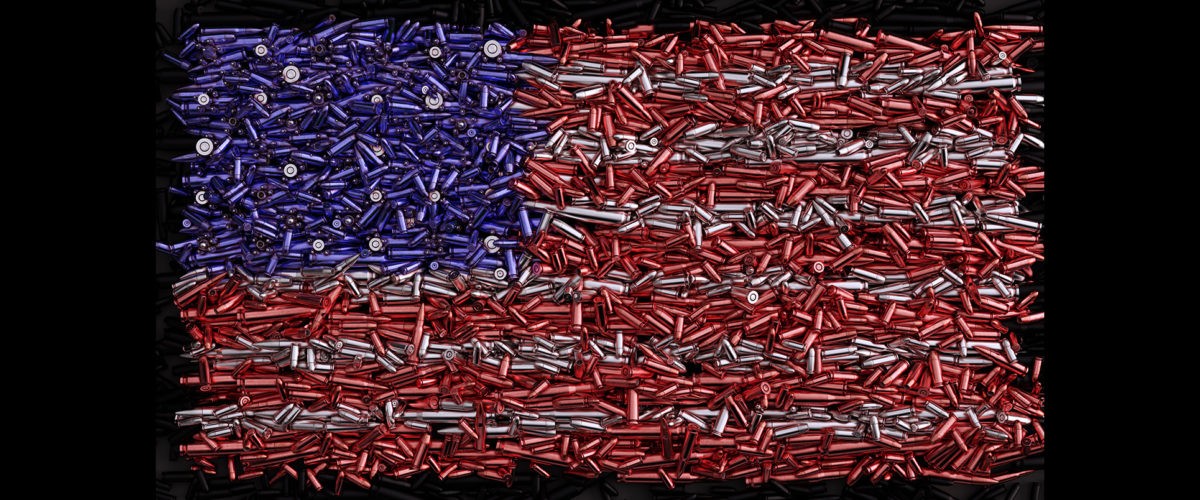Many efforts have been made to interpret the political events of the last few months — the Capitol riots, the political turmoil on the left and right. And more efforts will be made to interpret the last four years. I’ll leave it to historians to break this all down over time.
But one thing is for certain: This era marks the end of American exceptionalism.

Steve Sullivan
I’ve believed in this ever since I was a naive senior in high school, driving rebelliously in a parade with my borrowed convertible, with “Frank White for Governor” signs covering it. Frank White was a businessman running unsuccessfully against Bill Clinton to become governor of Arkansas. He was sort of a Trump-type candidate. I was a staunch Republican then and certainly believed that “America was it: God’s new Israel, the shining light, the beacon of democracy, innovation and wealth.””
The first challenge to my view of American exceptionalism came when I was swimming off the coast of Phuket, Thailand. I was a 22-year-old missionary and English teacher in Thailand and had taken a 24-hour train ride to what was then a group of Gilligan’s Island type huts, where you got a hut and breakfast for 50 cents a night.
I was hanging out with two “farangs” (foreigners), friends who were staying there with me. One of them was a German, and he challenged me on Ronald Reagan. This was the first challenge to Reagan I’d ever heard. I don’t remember his critique, but his arguments made sense and shook me in my skinny trunks.
“His retort was quick: ‘At least we didn’t make movies about it.’”
Another critique came later from my Australian friend, Andrew, who went off on me about how we treated and destroyed the “American Indians.” I was not about to take this from an Australian who had ransacked the aborigines. So I quickly shot back: “What are you talking about? Look what you guys did to the aborigines!”
His retort was quick: “At least we didn’t make movies about it.”
I’m now pretty much apartisan and have tried to observe these last four years with nuance from all angles. I even wrote a piece warning fellow liberals a few months before the 2016 election. I had no idea what would unfold.
With the upheaval of the last four years on all sides, I think we can say that this is the death knell of American exceptionalism. We’ve been having Christian missionaries coming over to the U.S. for years but recently we’ve had offers of support from other democratic countries.
There are several benefits that might emerge from all this that are positive, including a three- or four-party system like everyone else. (John Adams said the two-party system would be the death of democracy.)
This doesn’t mean America is not a great country; it is. It does mean, however, that there are other great countries, and others that are doing their best.
Finally, the war that emerged at home these last four years meant that we started no wars abroad. This is the first president I can remember since Jimmy Carter who didn’t attempt to start a war abroad.
“The end of American exceptionalism may mean that we stop sending troops into places that don’t want us.”
As a VA chaplain, the end of American exceptionalism may mean that we stop sending troops into places that don’t want us and giving them mixed messages about their roles there. It might mean that our Department of Defense becomes just that. Defense is always the best offense. Maybe we can use our National Guard to do what they were designed to do, help us at home.
As a firm believer in the Resurrection, I don’t lose hope over the end of American exceptionalism. I see hope of a resurrection: A new America will emerge that will look very different but hopefully stronger, more humble. And this might make America great.
Steve Sullivan has served as a hospital and VA chaplain for 15 years. He helped create the VA/Clergy Partnership for Rural Veterans in 2009. This partnership brings together community clergy, mental health providers and others to help veterans gain access to both VA and community care. He worked to establish six ongoing VA/clergy “community action boards in rural sites throughout Arkansas. He grew up in Arkansas and studied at Baylor University, Midwestern Baptist Theological Seminary and Princeton Seminary. He is an adjunct faculty member at Memphis Theological Seminary.
Related articles:
American exceptionalism at a crossroads? | Opinion by Bill Leonard
Rebuilding the foundations of ‘The City on the Hill’: the shadow side of American exceptionalism | Opinion by Stephen Shoemaker
How American exceptionalism is killing America | Opinion by Richard T. Hughes


